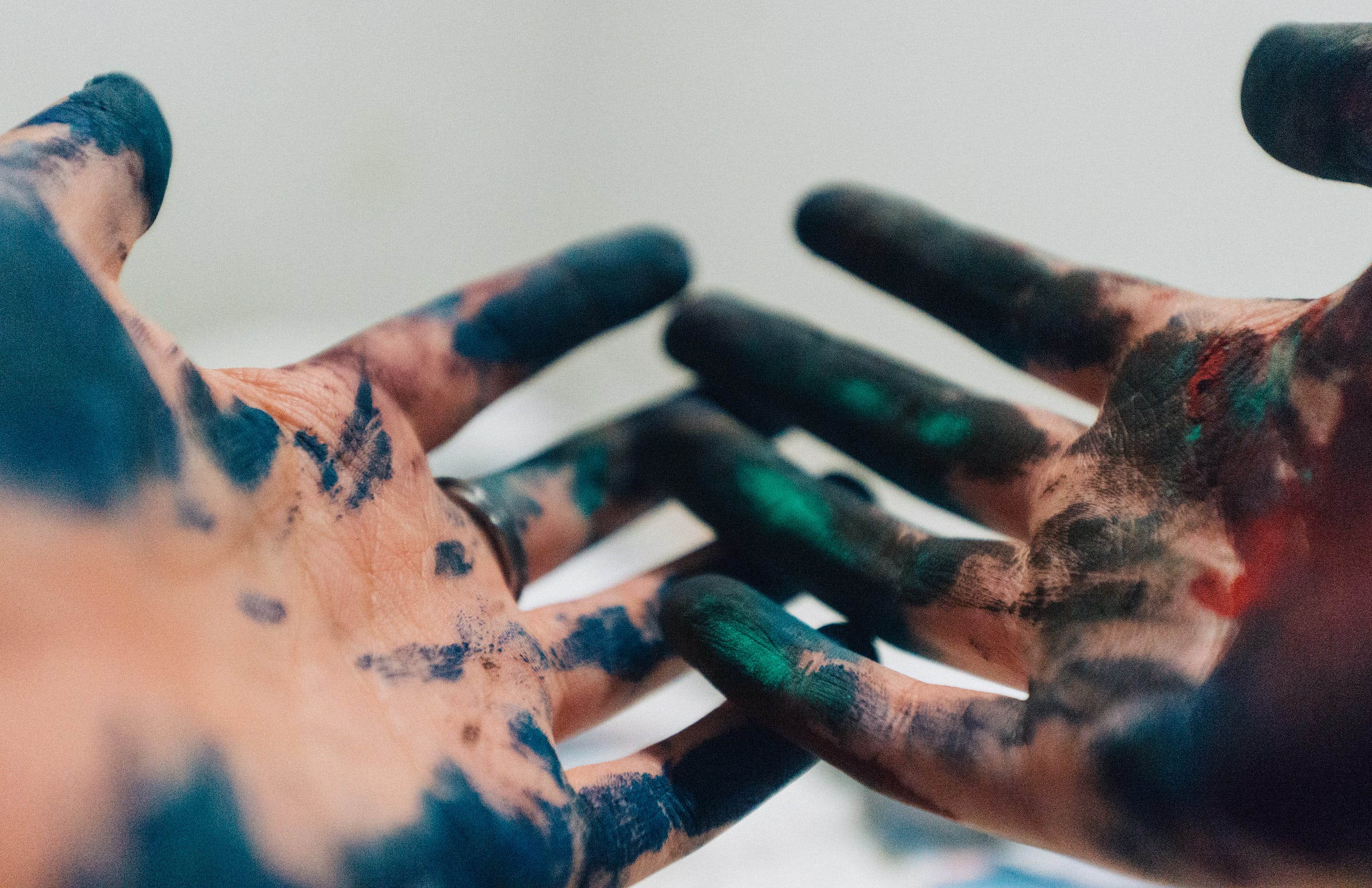It’s time to move on from the first three words of the Bible because, just scanning ahead, it looks like there’s over 750,000 more to go. No rush, but, then again, it’d be nice to reach Exodus before Judgement Day.
God created – two words of inspirational terror for any storywriter, artist or creative labouring under a deadline (see Judgement Day above). God makes it look so easy! Only the whole Universe. Nothing to write home about.
When it comes to this topic, Jacques Maritain is always worth an ear:
Hence the feeling in the artist of his special dignity. He is as it were an associate of God in the making of works of beauty; by developing the faculties with which the Creator has endowed him.1
Wow, God’s associate. A tad onerous. But, also, an incredible privilege. He furthers: ‘Artistic creation does not copy God’s creation, but continues it.’ Co-creators, then, not imitators. All our creativity is a sharing in the unfolding of Creation. We play our part in that single creative act extending through time.
In one sense, this takes the pressure right off. There’s no reinventing that (ginormous) wheel, and no call to. As Qoheleth puts it, there is nothing new under the sun, (Eccles 1:9). Phew, we can all stop trying desperately to be so original. Then again, how many new unfoldings, how many permutations and how many incredible re-beginnings can there be? That’s quite daunting. You might never get started!
But Maritain in his wisdom seems to be suggesting that once an artist is freed from the shackles of mimesis and sinks into their singular connection to The Creating One, then, within the bounds of that connection, literally anything is possible – to relax and follow that sense of vocation. Yes, but he’s also aware the practical working-out of this is the very opposite of straightforward:
The Artist is subject in the sphere of his art to a kind of asceticism, which may require heroic sacrifices. He must be fundamentally in the direct line as regards the end of his art, forever on his guard not only against the vulgar attractions of easy execution and success, but against a host of less subtle temptations, and against the slightest relaxation of his interior effort, for habits diminish, if unexercised, and ever so much more by any careless exercise not proportionate to their intensity. The Artist must suffer sleepless nights, purify himself without ceasing, voluntarily abandon fertile places for barren places, full of insecurity.2
Right, well, umm, better get back to it then!
Header photo: Amauri Mejía, Unsplash
Art & Scholasticism, (trans J F Scanlan), 1930, Sheed & Ward, London, p 63
Ibid, p 83



